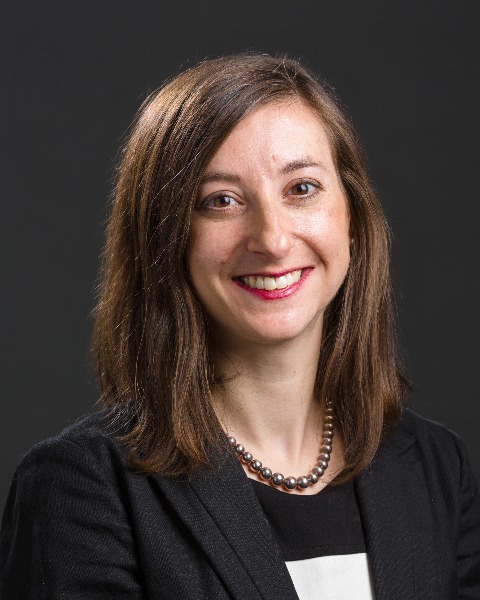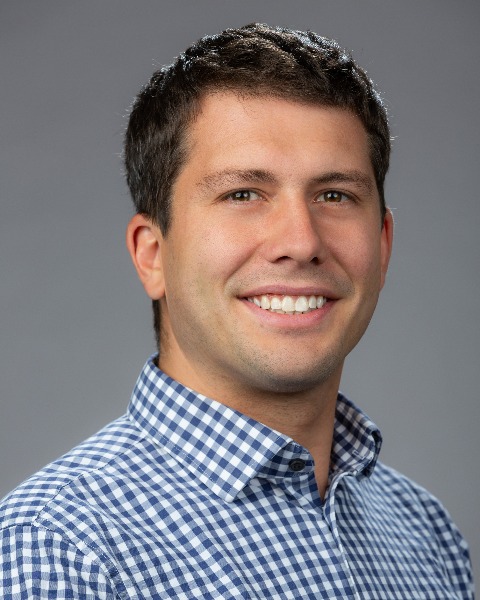Behavioral and Social Sciences
Marital Transitions in Mid and Late Life
-

Joan Monin, PhD (she/her/hers)
Associate Professor
Social and Behavioral Sciences
Yale School of Public Health
New Haven, Connecticut, United States -
JN
Jason Newsom, PhD
Professor
Psychology
Portland State University
Portland, Oregon, United States -

Joan Monin, PhD (she/her/hers)
Associate Professor
Social and Behavioral Sciences
Yale School of Public Health
New Haven, Connecticut, United States -
DC
Deborah Carr, PhD, FGSA (she/her/hers)
Professor of Sociology and Director, Center for Innovation in Social Science
Sociology
Boston University
Boston, Massachusetts, United States -

Kyle Bourassa, PhD (he/him/his)
Staff Psychologist
Geriatrics Research, Education, and Clinical Center
Durham VA Medical Center
Durham, North Carolina, United States -
.jpg)
Julian Scheffer, PhD (he/him/his)
Postdoctoral Fellow
Institute of Personality and Social Research
University of California, Berkeley
Berkeley, California, United States
Chair(s)
Discussant(s)
Individual Symposium Abstract First Author(s)
Marital transitions are common in mid and late life, yet little is known about what makes some middle aged and older adults thrive and others experience hardship through these transitions. This symposium will discuss antecedents, consequences, and moderators of adjustment to marital transitions in mid to late life. Monin and colleagues will address antecedents of divorce/separation, presenting results from a case control study showing that later stage dementia is associated with a lower likelihood of divorce/separation, and certain neuropsychiatric symptoms are associated with a greater likelihood of divorce/separation. In terms of consequences of relationship dissolution, Bourassa and colleagues will present findings from a study across a 20-year period of adulthood, showing that people with more breakups in adulthood have more advanced biological age in midlife. Two studies will discuss moderators of associations between relationship transitions and well-being. Carr and Choi will discuss the experiences of childless older adults who become widowed or divorced, and whether they suffer poorer mental health than their peers with children. They will show that childless widowed men and divorced men who lost a child to death have dramatically higher levels of social loneliness, relative to other men. Finally, Scheffer and colleagues will talk about the transition out of dementia spousal caregiving. They will present findings indicating that although caregivers’ emotional well-being and energy improves from moving from being an active caregiver to moving out of the caregiving role, those with lower household income had worse outcomes after caregiving ended.
Learning Objectives:
- To describe different types of marital transitions that occur in mid to late life.
- To describe the antecedents, consequences, and moderators of the association between marital transitions and psychological and biological outcomes for middle aged and older adults.
- To describe the role of dementia in marital transitions and well-being.
Presentations:
-
2:30 PM - 4:00 PM ETDementia Staging, Neuropsychiatric Symptoms, and Divorce or Separation in Late Life: A Case Control Study
Individual Symposium Abstract First Author: Joan Monin, PhD (she/her/hers) – Yale School of Public Health
-
2:30 PM - 4:00 PM ETJust the Two of Us? The Psychological Impact of Marital Dissolution on Childless Older Adults
Individual Symposium Abstract First Author: Deborah Carr, PhD, FGSA (she/her/hers) – Boston University
-
2:30 PM - 4:00 PM ETRelationship Dissolution and Biological Aging in Mid Life
Individual Symposium Abstract First Author: Kyle J. Bourassa, PhD (he/him/his) – Durham VA Medical Center
-
2:30 PM - 4:00 PM ETLower Income in Caregivers Predicts Less Emotional Well-Being Improvement After Caregiving Ends
Individual Symposium Abstract First Author: Julian A. Scheffer, PhD (he/him/his) – University of California, Berkeley
